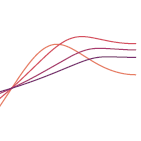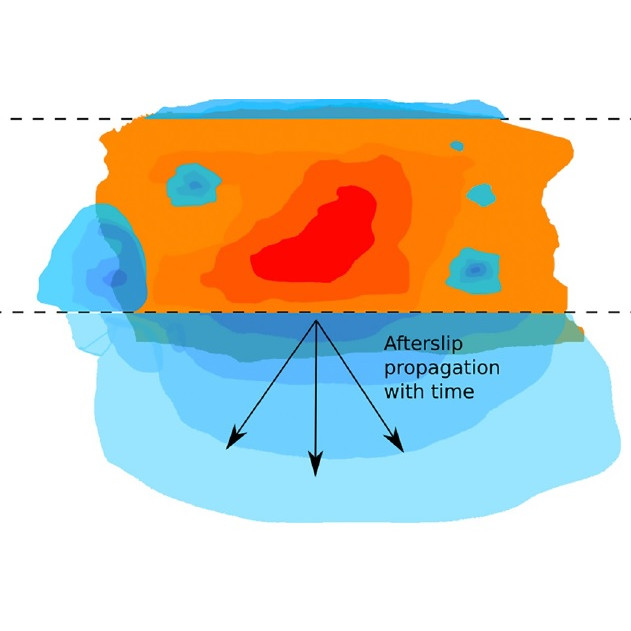Blog
-
LML Discussions: lessons to learn about modelling from the COVID experience
Posted on
by
Scientists regularly use models, which help make their thinking definite, specific, and easier to challenge, test and refine. Scientists know that models always have shortcomings. There’s no such thing as “modelling the real thing,” only various approximations thereof, which may be more […]
-
Present and future synoptic circulation patterns associated with cold and snowy spells over Italy
Posted on
by
It’s widely believed that episodes of significant cold or snow should become less likely as a result of global warming. The Intergovernmental Panel on Climate Change fifth assessment report describes a “very likely” decrease in the number of ice days and low-temperature […]
-
Decision-making with distorted memory: Escaping the trap of past experience
Posted on
by
People generally try to learn from their past experiences. Empirically, however, we tend to draw on these experiences in a seemingly irrational way, as originally noted by psychologist Daniel Kahneman. Rather than remembering each episodic experience as a whole, people generally recall […]
-
Overvalued fossil fuels, bacteria that eat plastics, and the long reach of dipoles
Posted on
by
Here are some links to several recent articles by LML External Fellow Mark Buchanan
-
Extended Poisson-Kac Theory: A Unifying Framework for Stochastic Processes with Finite Propagation Velocity
Posted on
by
Stochastic processes are a cornerstone of physics and engineering, particularly for modelling transport phenomena in the natural and social sciences, including the random movements of cells, bacteria, and viruses, climate fluctuations or the dynamics of financial markets. Such models typically capture the […]
-
Measurement-induced quantum walks
Posted on
by
Quantum systems generally lack precise trajectories. Hence, the notion of a quantum random walk is somewhat problematic. One way to make the idea precise is to consider quantum evolution which is repeatedly interrupted by position measurements, each of which localises the system to […]
-
Afterslip Moment Scaling and Variability from a Global Compilation of Estimates
Posted on
by
Aseismic afterslip is the gentle slipping or sliding of a fault over several months or years following an earthquake. The process involves aseismic shear and post-seismic readjustment occurring on and close to the fault planes of the parent earthquake, quite distinct from […]
-
Forecasting new diseases in low-data settings using transfer learning
Posted on
by
Epidemic models fall into two broad categories – those which fit an epidemic curve to past data in order to make predictions about the future, and mechanistic models which simulate more general scenarios based on specific underlying assumptions on factors such as […]
-
Emerging locality of network influence
Posted on
by
Complex systems of many components – the internet, economies, cells, ecosystems, and so on – depend on the rich web of interactions among many parts. In analysing such systems, however, it is natural that scientists often want to rank the components in […]
-
Naive Probabilism and Covid-19
Posted on
by
In the early weeks of the 2020 U.S. Covid-19 outbreak, guidance from the scientific establishment and government agencies included a number of dubious claims – masks don’t work, there’s no evidence of human-to-human transmission, and the risk to the public is low.










